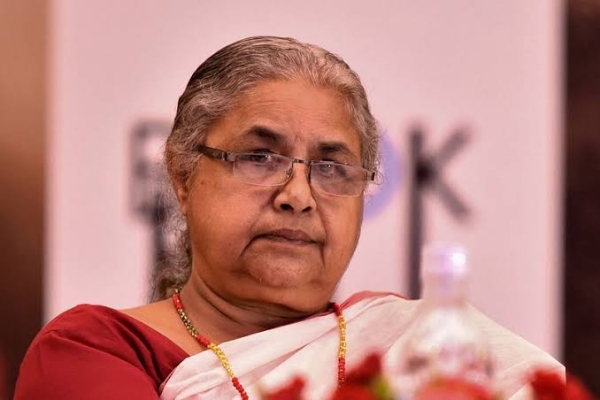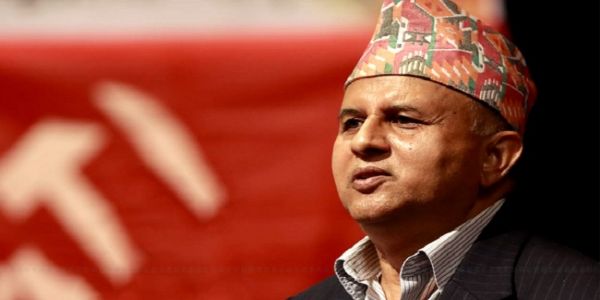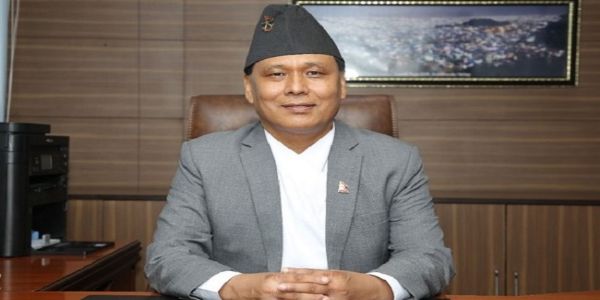
Kathmandu, September 11 (HS): Following intense youth-led protests spearheaded by Nepal’s Gen Z, the country faces a historic political transition as former Prime Minister KP Sharma Oli resigned amid escalating violence and widespread anti-corruption demands. The demonstrations, initially sparked by a controversial social media ban, morphed into a larger movement against corruption, nepotism, economic stagnation, and ineffective governance, culminating in a death toll rising to 30 and over a thousand injured nationwide.
Amid this turmoil, the largely leaderless Gen Z protesters have proposed former Chief Justice Sushila Karki as the interim prime minister to head the transitional government. Karki, known for her strong anti-corruption stance and judicial independence during her tenure as Nepal’s first female Chief Justice, represents a non-political and credible figure to many protesters and legal advisors. Though initially reluctant, she agreed to the proposal after persistent appeals and talks involving the Nepal Army chief, who has played a mediator role to restore order.
Kathmandu Mayor Balendra Shah, a popular youth-oriented leader and potential interim leader himself, publicly endorsed Karki’s candidacy and urged the President to swiftly form an interim government while dissolving the parliament to preserve the momentum for reform and fresh elections. Shah appealed for patience among protesters and cautioned against hasty leadership claims, highlighting the need for a unified transition to stability and democratic renewal.
The unrest also triggered heightened security measures along the India-Nepal border, flight disruptions to Kathmandu, recall of fuel and goods trucks, and advisories for Indian nationals in the region. With emergency services strained and prohibitory orders extended, Nepal navigates a fragile path toward restoring peace and re-establishing governance under the shadow of this unprecedented youth-driven revolt.
Sushila Karki’s background underscores her suitability for the interim role. Born in 1952, with degrees in political science and law, she rose through the legal ranks to become Chief Justice from 2016 to 2017. Her tenure was marked by landmark rulings reinforcing the judiciary’s role as a guardian of democracy. Her adjudicative career and anti-graft credentials have earned her public respect and positioned her as a symbol of integrity amidst widespread political distrust.
Karki’s response to the crisis has been measured; while she acknowledges the complex challenges Nepal faces, she signals readiness to facilitate an interim government focused on restoring democratic order, combating corruption, and paving the way for credible elections as demanded by the youth movement.
This evolving political crisis demonstrates Nepal’s intensifying generational demand for accountability, transparency, and systemic reform, marking a potential watershed moment in the Himalayan nation’s democratic journey.
Hindusthan Samachar / Jun Sarkar







